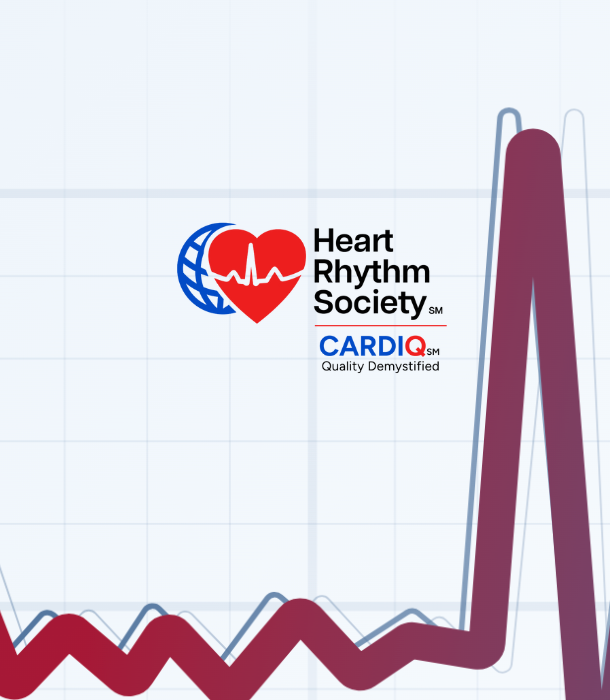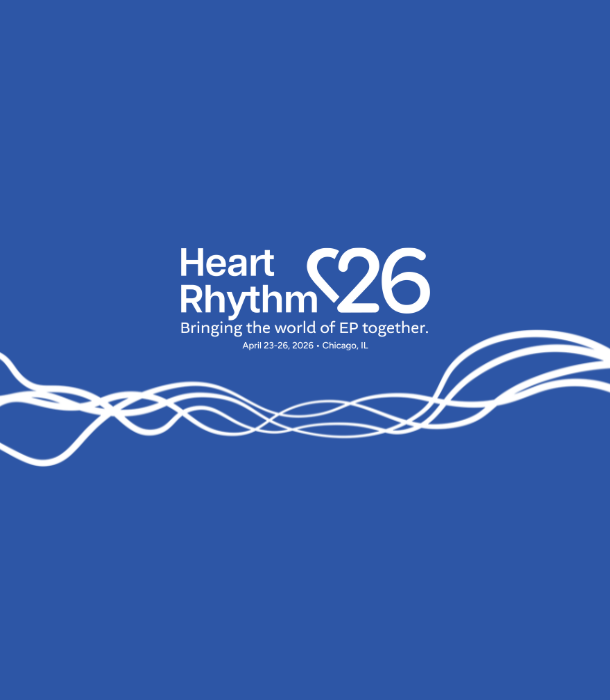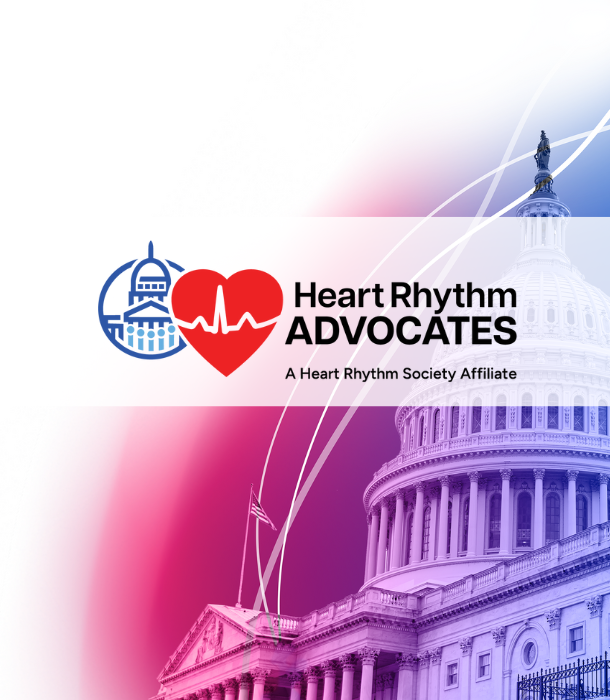Events
Heart Rhythm 2026
Join the global heart rhythm community April 23-26, 2026, in Chicago at the world's premier EP event, dedicated to advancing patient care and innovation in the field.
From groundbreaking science to transformative technologies and worldwide collaboration, Heart Rhythm 2026 is where the future of arrhythmia care will take shape.
NEW! Heart Rhythm Community Connect 2026
Invite your patients to Heart Rhythm Community Connect, taking place alongside Heart Rhythm 2026 in Chicago.
Hosted by HRS in collaboration with Arrhythmia Alliance, this new, in-person event brings together patients, caregivers, and EP experts for a day of clinical insight, practical guidance, and shared community.
HRX Live 2026
HRX is where clinicians, engineers, entrepreneurs, and investors collide to reimagine the future of patient care.
Join the movement that brings together bold thinkers in cardiac electrophysiology to spark the partnerships and breakthroughs that will define the next decade of cardiovascular care.
Publications
Explore the Heart Rhythm Society's preeminent journals: Heart Rhythm, Heart Rhythm Case Reports, and Heart Rhythm O2. Access the latest research, case studies, and digital health innovations, all indexed on PubMed Central.
Heart Rhythm
Heart Rhythm O2
Heart Rhythm Case Reports
Resources
Heart Rhythm TV
Stay informed on critical policy initiatives. Subscribe to the HRS YouTube channel for exclusive Advocacy in Action updates and insights from HRS and HRA leaders.
Advocacy & News
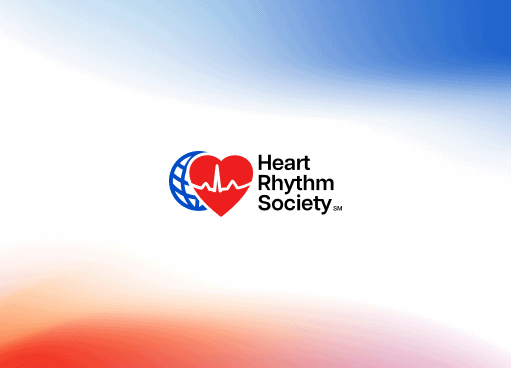
Press Releases
Heart Rhythm Society to Develop Pulsed Field Ablation Data Collection Platform
December 17, 2025
Advocacy Updates
Advocating for heart rhythm professionals practicing in a rapidly evolving healthcare environment.
Press Releases
Get the latest news and updates from HRS, your essential resource for the electrophysiology community.
Position Statements
Providing the most current information about our organization, as well as a wide range of heart rhythm disorder issues.
Career Development
Shape your career trajectory with the Heart Rhythm Society (HRS). We empower electrophysiologists, scientists, fellows, and allied professionals with expert guidance and resources for every career stage, from training to leadership.
Online Education
The Board Review Course is designed to serve a wide audience within the EP community, not only U.S. physicians preparing to certify or recertify. It is intended to be an indispensable tool for providing a fundamentally sound EP knowledge base.
This course features didactic lectures and case-based workshops presented by expert faculty and course directors for in-depth coverage of the essential EP curriculum. This course is designed only for Fellows-in-Training seeking initial certification.
HRX Innovation Hub Passport is your gateway to all of the highlights, insights, and innovations presented at the HRX Live event. The first edition of the Innovation Hub Passport includes all the sessions captured at HRX2022 in San Diego, HRX2023 in Seattle, and HRX2024 in Atlanta. Explore more than 50 hours of the latest and greatest content from start-ups, entrepreneurs, and Key Opinion Leaders in cardiovascular medicine and electrophysiology.
About HRS
Founded in 1979, HRS is a leading resource on cardiac pacing and electrophysiology. Our specialty organization represents medical, allied health, and science professionals from more than 90 countries who specialize in cardiac rhythm disorders.
Get Involved
There are many ways to get involved with HRS programs, advancing both your professional growth and the development of the field.
Partner Events
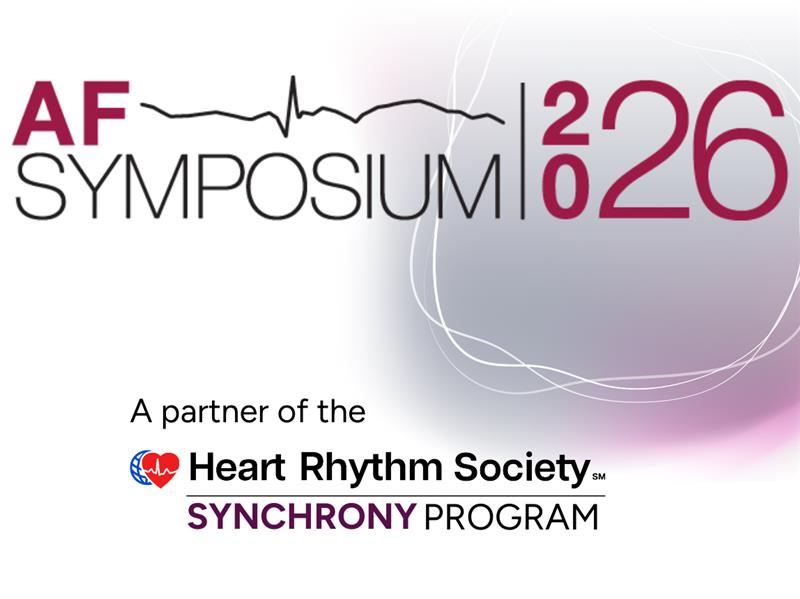
In-Person
On-Demand
31st Annual AF Symposium 2026
February 5 - 7, 2026
7:30 am - 6:30 pm
Boston
Massacheusetts
United States
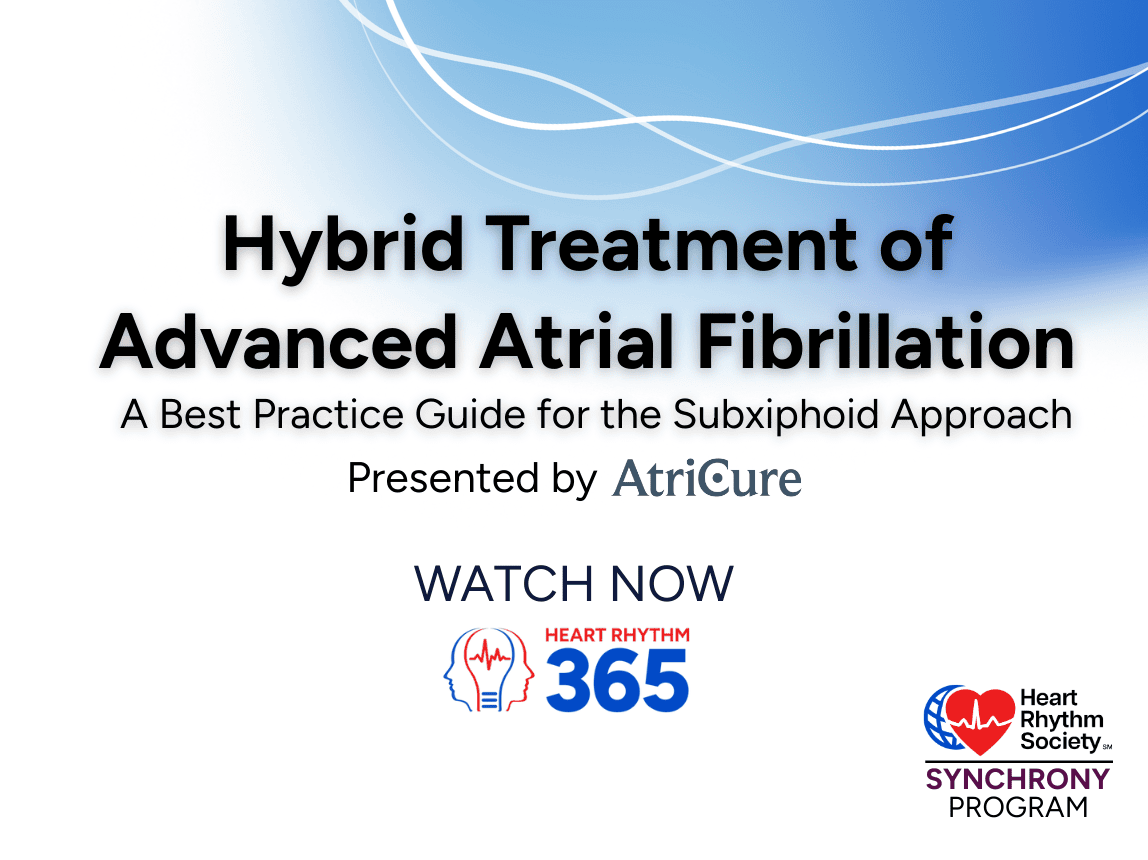
On-Demand
Hybrid Treatment of Advanced Atrial Fibrillation: A Best Practice Guide for the Subxiphoid Approach
February 10, 2026
All Day
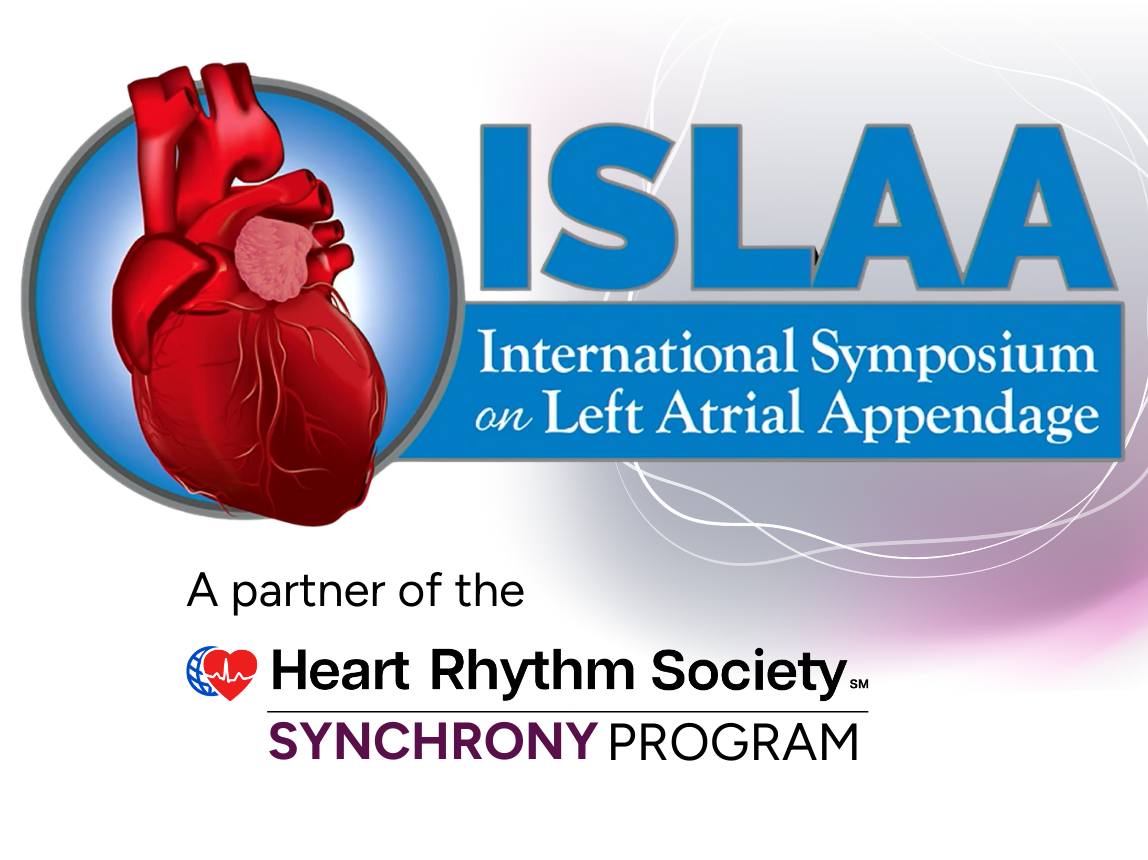
In-Person
Virtual
International Symposium on Left Atrial Appendage 2026
March 6 - 7, 2026
Los Angeles
CA
United States
